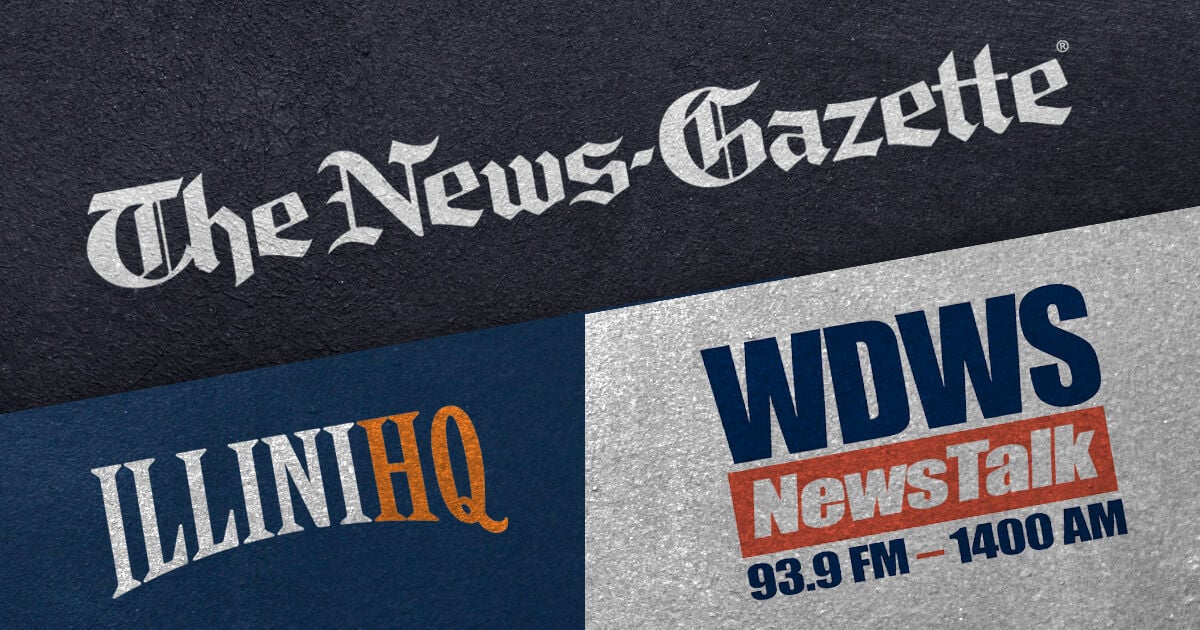In the aftermath of the fatal shooting of conservative activist Charlie Kirk, several workers discovered how professional consequences can swiftly follow public remarks. Among those losing their positions is MSNBC political analyst Matthew Dowd, illustrating the often harsh limits of free speech both inside and outside the workplace.
Workers commenting on Kirk’s death learn the limits of free speech in and out of their jobs

Key Takeaways:
- Conservative activist Charlie Kirk was fatally shot.
- Numerous workers lost their jobs for commenting on his death.
- MSNBC political analyst Matthew Dowd was among those fired.
- Companies scrutinized employees’ public statements.
- The Kirk incident highlights the fine line between personal expression and professional obligations.
The Aftermath of a Fatal Shooting
Charlie Kirk, a conservative activist, was fatally shot—a tragic event that quickly led to heated discussions both on social media and in workplaces nationwide. News of Kirk’s death reverberated across various industries as employees took to online platforms to voice reactions ranging from sympathy to criticism.
Jobs Lost Over Public Remarks
Several individuals faced termination soon after comments they made about Kirk’s death surfaced. Among these now-former employees is MSNBC political analyst Matthew Dowd, whose statements garnered widespread attention. While the specifics of his remarks remain undisclosed, their impact was immediate, culminating in a swift dismissal.
Tension Between Free Speech and Professional Boundaries
The rapid firings raise questions about where free speech ends and professional guidelines begin. Employers are often cautious when staff members—especially public figures or those in media—share potentially controversial opinions that might affect an organization’s reputation. In this instance, multiple companies decided that public comments about Kirk’s death warranted immediate action.
Impact on National Discourse
This situation underscores broader concerns about the evolving nature of personal commentary, particularly in an era of instantaneous, far-reaching communication. As more employees speak openly on sensitive topics, workplace policies and societal expectations continue to adapt. The firings serve as a stark reminder that personal opinions, when made public, can have far-reaching professional consequences.
Reflections on a Shifting Landscape
For many observers, the story of these terminations highlights how quickly workplace policies can come into play and erode any assumed freedom of expression. While lines between personal and professional spheres grow blurry, the Kirk incident stands as an emblem of the complex interplay between individual speech and corporate accountability.











